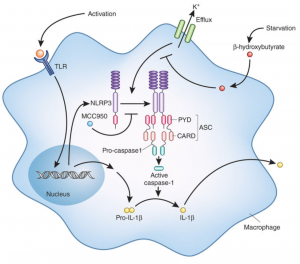Transkingdom Control of Microbiota Diurnal Oscillations Promotes Metabolic Homeostasis
All domains of life feature diverse molecular clock machineries that synchronize physiological processes to diurnal environmental fluctuations. However, no mechanisms are known to cross-regulate prokaryotic and eukaryotic circadian rhythms in multikingdom ecosystems. Here, we show that the intestinal microbiota, in both mice and humans, exhibits diurnal oscillations that are influenced by feeding rhythms, leading to time-specific compositional and functional profiles over the course of a day. Ablation of host molecular clock components or induction of jet lag leads to aberrant microbiota diurnal fluctuations and dysbiosis, driven by impaired feeding rhythmicity. Consequently, jet-lag-induced dysbiosis in both mice and humans promotes glucose intolerance and obesity that are transferrable to germ-free mice upon fecal transplantation. Together, these findings provide evidence of coordinated metaorganism diurnal rhythmicity and offer a microbiome-dependent mechanism for common metabolic disturbances in humans with aberrant circadian rhythms, such as those documented in shift workers and frequent flyers.
Visit full artice page:
http://www.cell.com/abstract/S0092-8674(14)01236-7

